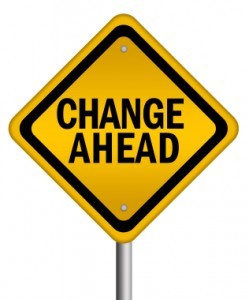Welcome Professionals…
…Happy New Year to all professionals out there! Hope you are having a great start into 2017.
It is time for New Year’s resolutions. Did you make any? Or did you even already break one? Why is it so hard to keep these resolutions?
New Year’s resolutions are typically about behavioural change. Examples are:
- Quit smoking
- Eat more healthy
- Do more structured business development
- etc.
As professionals striving towards continuous improvement we know what makes behavioural change successful. We know that we must set S.M.A.R.T. goals, that we need a clear “why” with an emotional attachment, that we need to establish habits instead of using sheer will power.
What we also know is that failure will be part of the road to success. It is highly unlikely to accomplish a goal in one step and without any form of failure. If so, the goal was just not ambitious enough.
For many people, failing on a resolution equals breaking the resolution. This is when the “what the hell effect” comes into play. The first time they fail, these people will think: “What the hell, this New Year’s resolution is already broken!” This is when the resolution gets postponed to the next year.
We as professionals know that failure is inevitable and only an intermediate step to accomplishment. A resolution does not get broken by failure. It only gets broken once we stop pursuing our goals!
Wishing you a Happy New Year full of professional accomplishments!
Malte
Thursday Night Flight is brought to you by Malte Müller Professionals. Sharing best practices for top management consultants on topics like communication, client handling, problem solving, appearance, and fitness. Check out www.mm-professionals.com for more material and free resources!



